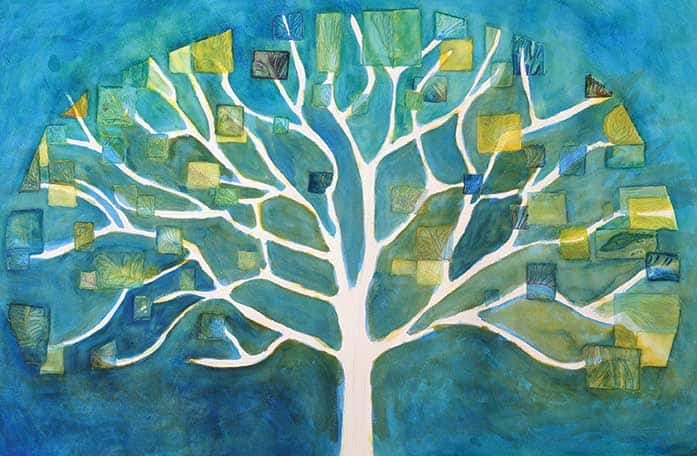You are not to blame.
One in three girls and one in six boys are sexually abused in North America.
What is it? Sexual abuse can come in the form of sexual contact between a child and an adult, but it may also include using a child for sexual purposes. The abuser is often someone the child knows and the perpetrator intentionally and deliberately develops and exploits their trusting relationship.
Who does it happen to? Childhood sexual abuse can happen to a child in any community, regardless of gender, race, age, religion or socioeconomic background.
How does childhood sexual abuse affect adult well-being? Childhood sexual abuse can have a wide range of ongoing effects lasting into adulthood. Some adult survivors experience few mental health problems, while others experience adverse, long-term effects. Survivors often feel a range of emotions, including fear, lack of trust, confusion, anger, shame and sadness. Every survivor’s story and path to healing is different.
Sexual Abuse: How CHANA Can Help
Justice and healing for survivors.
Through our legal advocacy program, CHANA seeks justice and healing for survivors of childhood sexual abuse. CHANA's legal advocates and attorney provide information and support to those who have experienced sexual abuse, enabling victims to make informed decisions while navigating the court system. CHANA strives to develop and maintain strong relationships with government agencies, police, prosecutors and child protective services to maximize advocacy on the clients' behalf.
- Legal services: Discuss the legal process; provide information to help make informed decisions; and pursue civil and criminal legal remedies.
- Referrals: Make referrals to volunteer attorneys or private attorneys when necessary
- Court accompaniment: Accompany clients to court proceedings; provide legal guidance; offer support throughout the entire legal process and advocate for the client.
- Jewish legal process: Work closely with Beit Din, the Jewish arbitration system.
Begin to heal and rebuild lives.
CHANA's trauma-informed counselors help clients understand the dynamics of childhood sexual abuse and discuss the vast array of feelings associated with it. CHANA's trauma-informed mental health professionals listen and offer helpful tools and skills on ways to manage the difficult emotions, heal from trauma, connect to community resources and move forward with life. All services are confidential and free.
Gain sense of empowerment and hope.
In a safe, nurturing environment, support groups allow participants to learn about the dynamics of childhood sexual abuse, talk through their experiences, and hear stories from others who have experienced abuse in their relationships. Group counseling also provides victims with ample support, not only from peers (other victims) but also from the mental health professional leading the group.
CHANA's groups are led by trauma-informed professionals. CHANA provides a range of support groups throughout the year.
At CHANA, the role of consultation takes many forms. CHANA is a community resource and works with concerned community members and community organizations to address abuse within their establishment.
CHANA provides services and therapy that meet the many cultural and religious needs of clients. Many members of the local clergy are comfortable calling CHANA to collaborate on handling a sensitive situation within their congregation. We have developed positive working relationships with local schools, camps and community organizations to work together on projects, develop protocols and create a sensitive and intentional plan of action when facing concerns of abuse.
As a program of The Associated: Jewish Community Federation of Baltimore, CHANA understands the needs of the Jewish community across all denominations. CHANA has experience working within the Jewish arbitration process, in addition to the civil court system.


